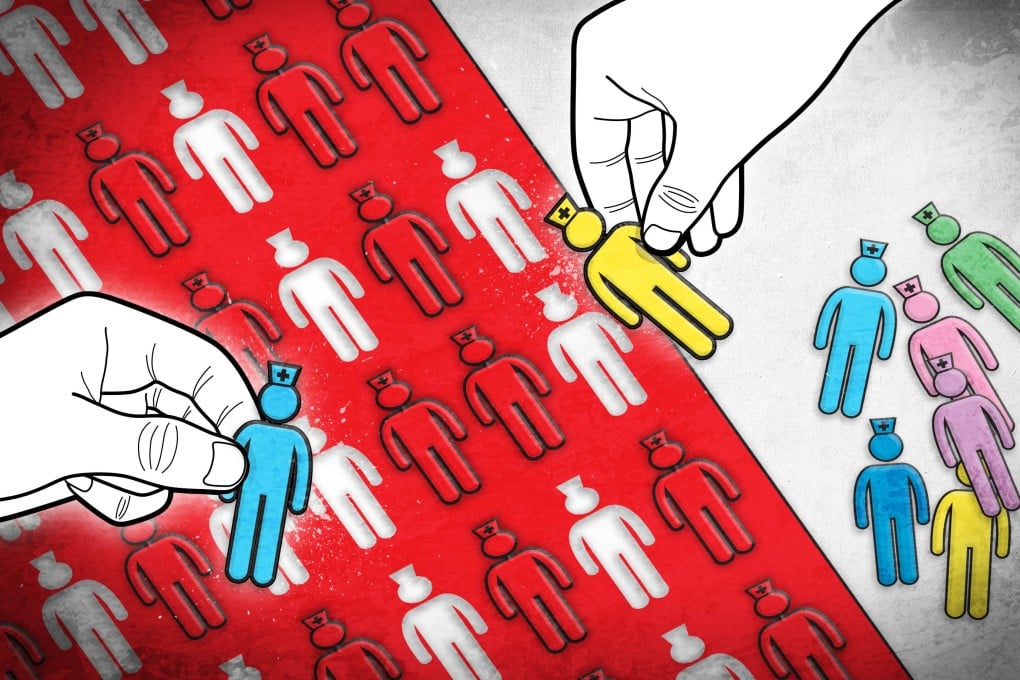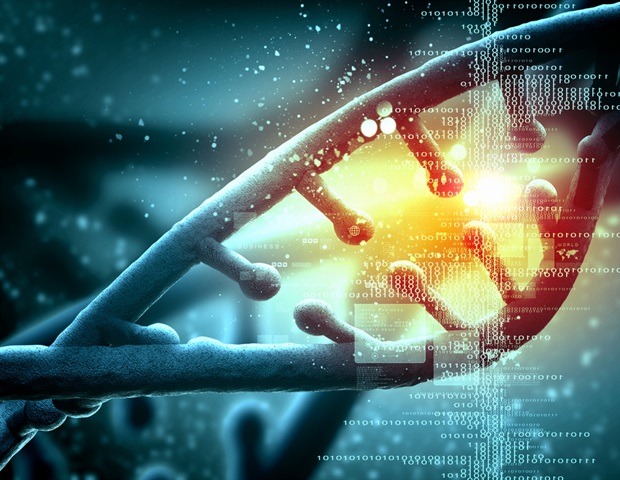Binge drinking in early adult years fundamentally changes how the brain's neurons communicate, in what scientists equate to a faulty gas pedal in a car that needs more pressure applied to "go." What's more, it remains unchanged for decades, raising the risk of developing Alzheimer's disease later in life. While there's not much we can do about the past, it may help earlier intervention and treatment to target this area of the brain.
The University of Pennsylvania (Penn State) researchers found that binge drinking in your 20s can result in permanent dysregulation that resemble the faulty neuronal information transmission seen in people with cognitive decline. It was the same in both male and female brains. “We know from previous studies that there are immediate effects of binge drinking on the brain, but we didn’t have any sense of if these changes were long-lasting, or reversible over time,” said Nikki Crowley, an assistant professor and director of the Penn State Neuroscience Institute.
“We were interested in understanding if binge drinking during early adulthood may have lasting consequences that are not revealed until later in life – even if drinking had stopped for a very long period of time. This allows us to consider the effects of alcohol on an individual’s holistic health, in terms of their entire life history.” In the study, the team cycled mice through a "voluntary" binge drinking plan, in which the animals were given access to ethanol diluted in water.


















